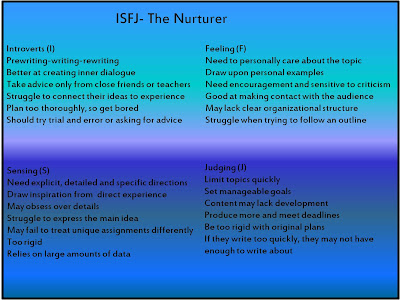I just finished reading "Coraline" by Neil Gaiman. It's a wonderfully imaginative work but I had to read quite a few pages before the really interesting parts began.
The book clearly delineates Coraline, her parents and the characters of the new neighbors before the real drama begins. Similarly, a lot of really great books take the time to set up the situation, the characters and their relations before they plunge into the conflict and take off into the weirdosphere.
I find it hard to read such books sometimes, wanting the book to get to the main conflict sooner or be exciting from the moment I open its pages. But it's only once we've been acquainted with the book's normal world, that the dangers or anomalies that take place later have any real effect on us, right?
A similar impatience affects my writing. I immediately get to the points I really want to write about and the buildup suffers as a result. I need to work on the establishment of the day-to-day occurrences that lead up to the wild, bizarre and outrageous scenes I really want to get to.
The daily scenes require constraint, patience and temperance to create. But the rewards of a piece with these plateau areas are much more than a piece without them.
After all, it's the slow climb to the top that makes the rush downwards that much more exciting, isn't it?
The book clearly delineates Coraline, her parents and the characters of the new neighbors before the real drama begins. Similarly, a lot of really great books take the time to set up the situation, the characters and their relations before they plunge into the conflict and take off into the weirdosphere.
I find it hard to read such books sometimes, wanting the book to get to the main conflict sooner or be exciting from the moment I open its pages. But it's only once we've been acquainted with the book's normal world, that the dangers or anomalies that take place later have any real effect on us, right?
A similar impatience affects my writing. I immediately get to the points I really want to write about and the buildup suffers as a result. I need to work on the establishment of the day-to-day occurrences that lead up to the wild, bizarre and outrageous scenes I really want to get to.
The daily scenes require constraint, patience and temperance to create. But the rewards of a piece with these plateau areas are much more than a piece without them.
After all, it's the slow climb to the top that makes the rush downwards that much more exciting, isn't it?















